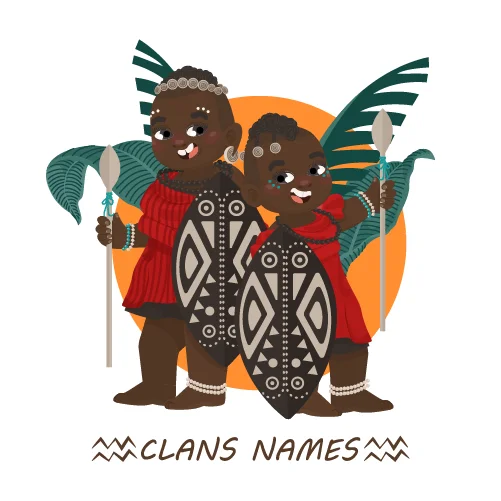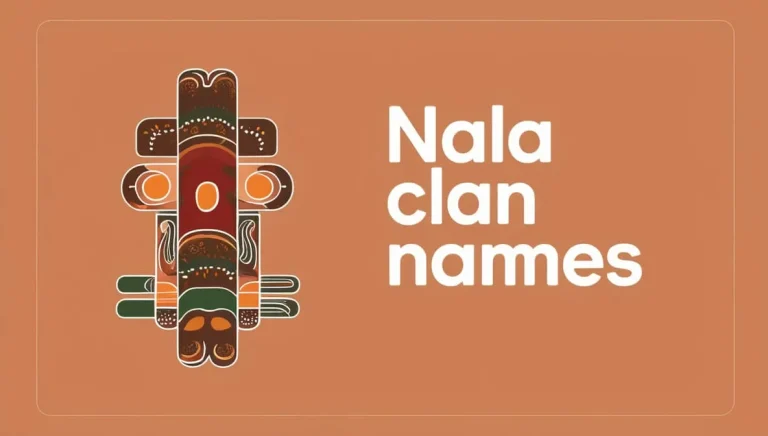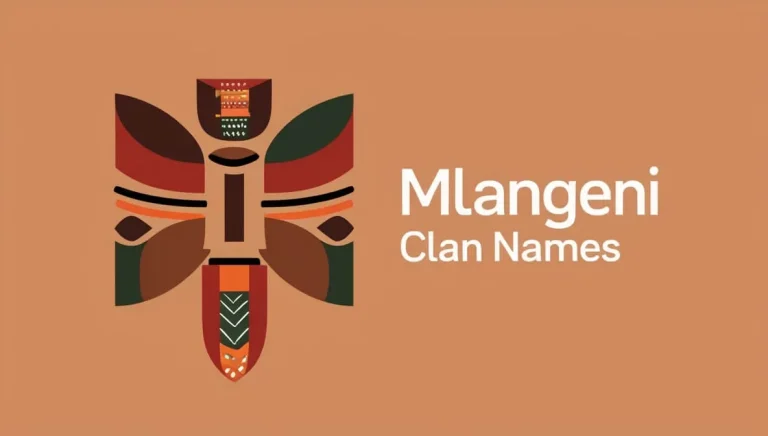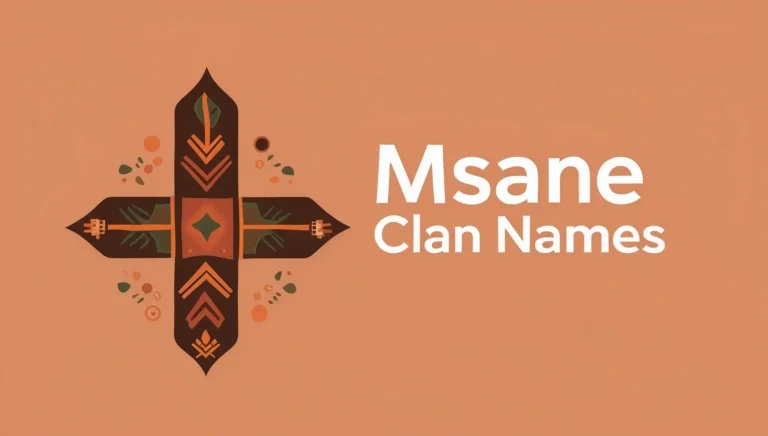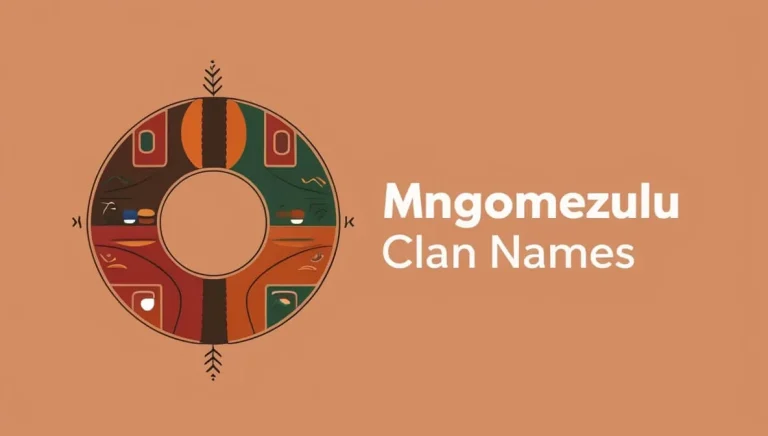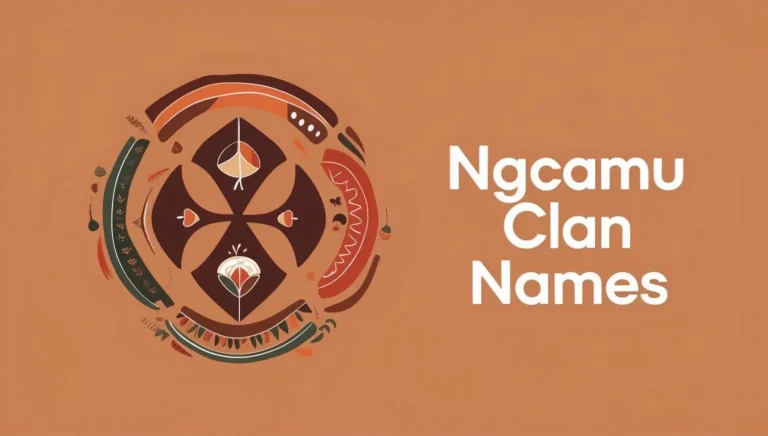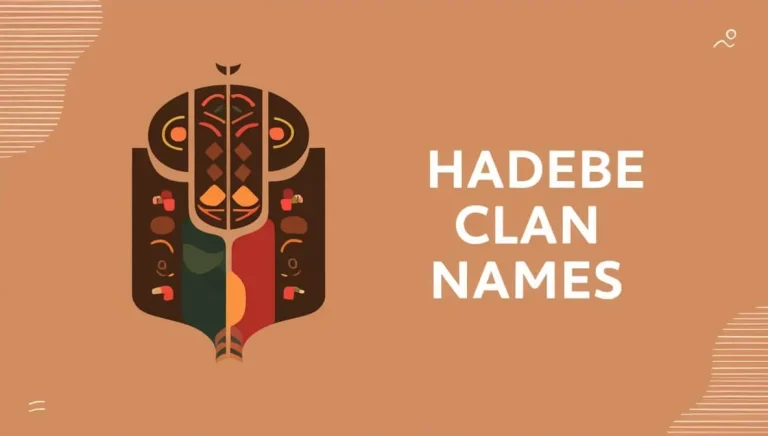Izithakazelo zakwa Amaqwathi Clan Names History and Origin
The history and origin of amaqwathi clan names are complex. Their story began with their incorporation into abaThembu-kingdom through amaMfene and amaMpondomise clans.
As part of this act, the kings asked that their clan names be included in the abbreviation. Clan names serve to distinguish each clan within a nation.
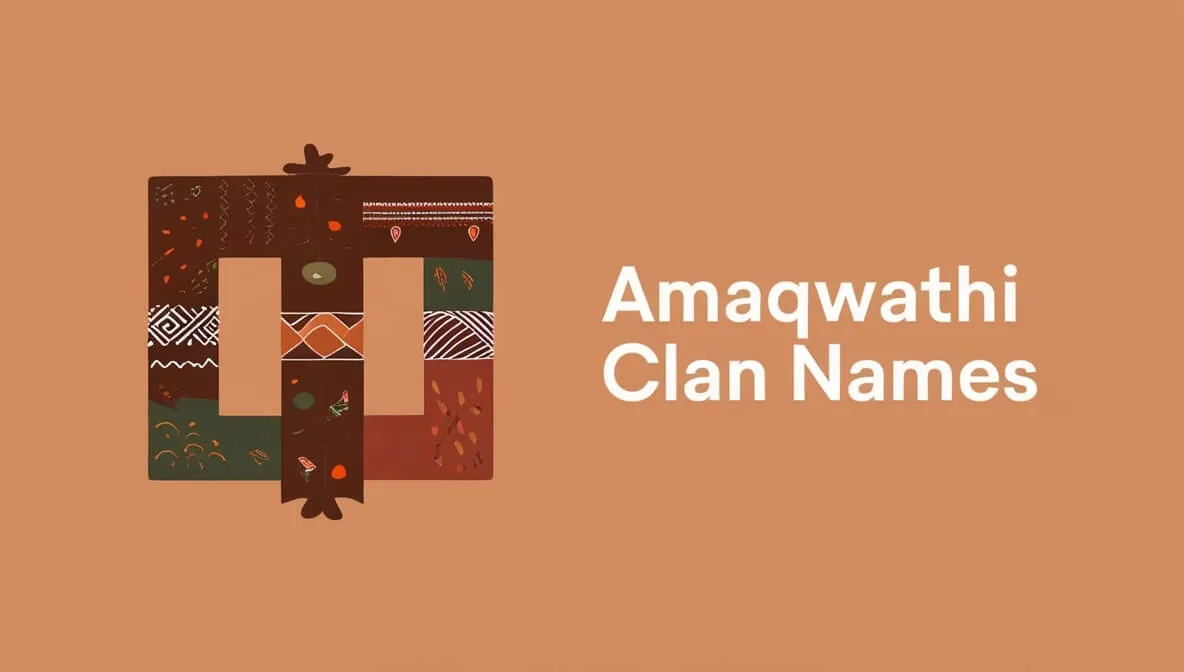
Amaqwathi Clan Names (Iziduko):
The Amaqwathi are a Xhosa clan with a rich heritage and history. They are part of the broader Xhosa-speaking peoples of South Africa, particularly within the Eastern Cape region. Like many Xhosa clans, the Amaqwathi have their own set of praise names (iziduko) that reflect their ancestry, cultural values, and historical achievements.
- Ngxokolo
- Mpafana
- Jola
- Dlamini
- Mafu
- Mabongo
- Mbuyiselo
AmaQwathi
Mtshutshumbe kaMthetho founded the Qwathi nation 350 years ago when he and his followers broke away from amaXesibe and amaMpondomise tribes to settle in Thembuland. Not until Fubu’s reign did they become exposed to Thembu culture and political affiliation.
Early nineteenth-century South Africa was marked by violence. When colonialism came into being, however, new challenges faced by amaQwathi had to be faced and overcome in order to survive.
First was colonial control that they did not readily accept. Subsequently came passive resistance that eventually turned violent during Dalasile’s rebellion from 1875-1880.
Fubu of amaQwathi met with Archdeacon Waters and Rev Gordon of Society for Propagation of Gospel in Foreign Parts (SPG), agreeing to allow SPG to establish a mission station at Engcobo that would eventually become All Saints Church.
AmaXesibe
The Nkwalis originated from Dosini of Mpondomise and later joined amaHlubi to form Bukula and Maphela; during Dlomo the Thembu king’s reign they also battled against white invaders before eventually becoming famous throughout Africa.
Mtshutshumbe kaMthetho was the founder of amaQwathi and his descendants can be found all throughout Thembuland today. After some 350 years since they broke off from amaXesibe, amaQwathi have maintained their independence as an anti-colonial nation with Engcobo serving as their capital city.
AmaQwathi pride themselves on upholding Africa’s sovereignty, all its peoples, as well as upholding humankind; hence their motto “Ubuntu Ngomgangatho”. They believe strongly in unifying all Africans together – something amaXesibe does not.
AmaMfene
AmaMfene clan member Chief Fubu joined with Archdeacon Waters and Rev John Gordon of the Society for Propagation of Gospel in Foreign Parts to establish All Saints Mission station. In 1859.
Fubu was an avid supporter of amaQwathi and was always ready to lead his people into battle. During one battle against Zulus, Fubu made waves by taking down one of their leaders by cutting his head off with his spear and showing it off for all to see.
Warriors who saw this were greatly moved and respected him after this feat – eventually defeating them altogether with his wife from Mpemvu clan bursting in praise at what she witnessed first-hand!
AmaMpinga
AmaMpinga (ooJola) is a clan with strong connections to the Mpondomise tribe and was established by Enoch Sontonga who wrote Nkosi Sikelel’ iAfrika which forms part of South Africa’s National Anthem. Additionally, this clan gave rise to legendary South African politician Fikile Mbalula.
Clan members and the San people often intermarry, as evidenced by their language and naming patterns.
The AmaMpinga Clan is said to be descended from Katunku, an original Leopard clan member. These descendants include Ngulya, Mwati, Kaabya and Kitembwa; all noted for their love of dancing, deep spirituality and intelligence – along with being highly successful businesspeople. These clan members are well known for their dancing prowess as well as intelligence and humor in business dealings.
AmaMpondomise
AmaMpondomise comprises two houses; Chithwayo’s Uzela Kwindlu Enkulu House(Great House), and NeNtsikinyani Ekunene House(Right House).
The Mpondomise are descendants of King Sibiside’s son Njanya and are an influential clan with close ties to other Nguni nations or ethnic groups. Their name can be taken as a metaphor, as Mpondomise means both to raise one’s horn diplomatically but also prepare one for war.
There is a legend that the fathers of Mpondomise and Mpondo, twin brothers of Mpondomise, fought over who would get to skin certain animals for food, which eventually was resolved when Mpondomise emerged as its own clan – it is thought that Mpondomise may have been senior; today they remain wise people who keep their heads held high.
AmaMthethwa
Lewis Nkosi is a South African writer and essayist who has published works for magazines in Durban, Natal and Johannesburg. He holds an avid interest in African culture and history.
Mthethwa clan was an important chieftaincy and small historical state during the late 18th and early 19th centuries, led by powerful rulers like Zwide and Dingiswayo who sought to expand their domain by absorbing smaller lineages.
As soon as the British established their magistracy near Mbolobeni township, mthethwa people protested their presence. When hostilities ensued between them and British forces, hostages resulted in the destruction of both mission station and magistracy; eventually the mthethwa relocated to Engcobo for protection and independence.
AmaGcaleka
Names in Xhosa have deep symbolic and emotional value and express values or opinions. Women usually receive their names from their mother-in-law when they marry, and when their children are born the clan of their father is added onto them as identification markers across generations.
Gcaleka kaPhalo was born in 1728 and died in 1779; during this time period he reigned over the AmaXhosa nation as King from 1755-1779. Among his three sons were King Khawuta kaGcaleka and Prince Velelo kaGcaleka who went on to rule under him respectively.
One of his notable supporters during the war against the British was General Itola from Gcaleka tribe and Chief David Stuurman from Rharhabe. Both men were imprisoned on Robben Island but managed to escape in the same boat which made its way all the way to Bloubergstrand!
